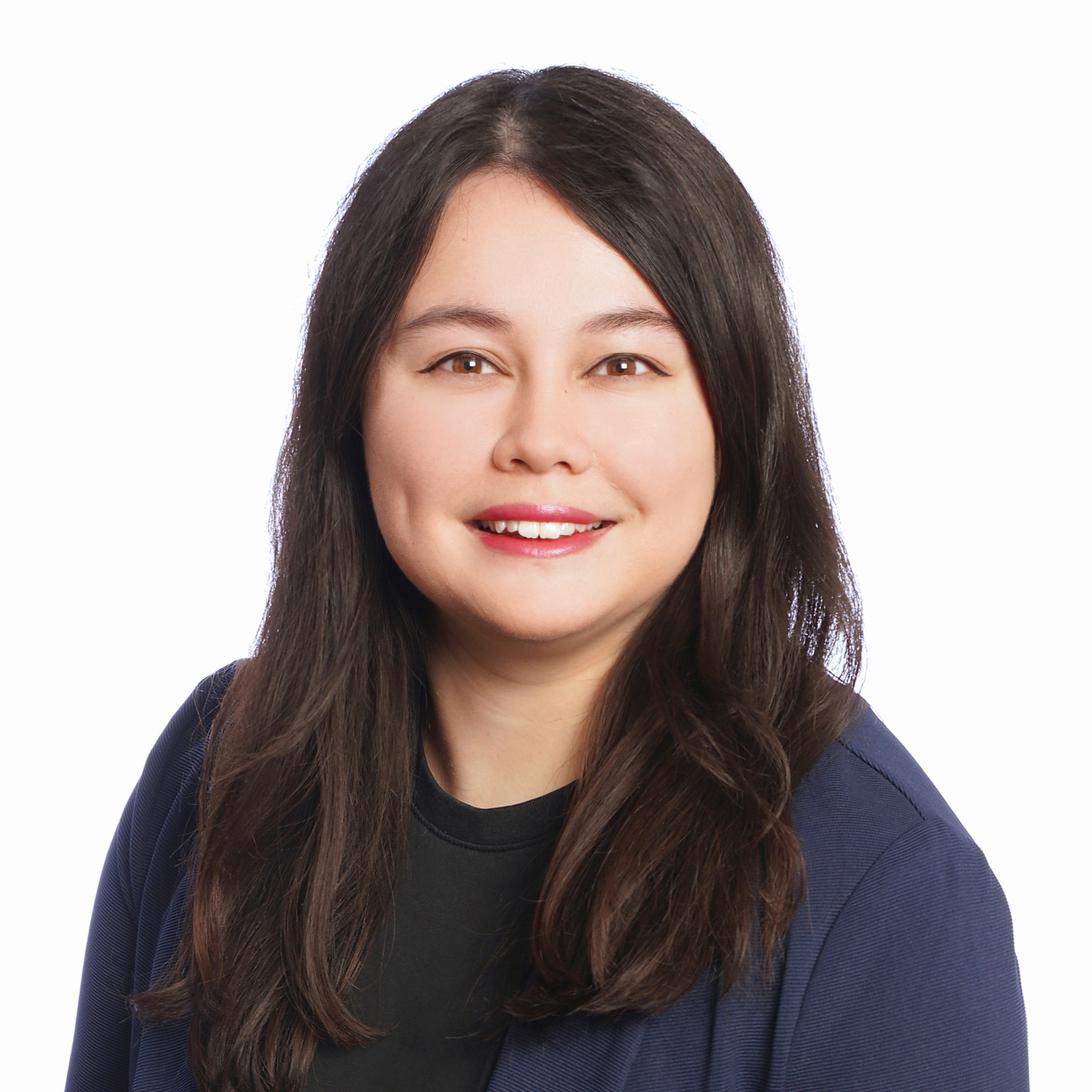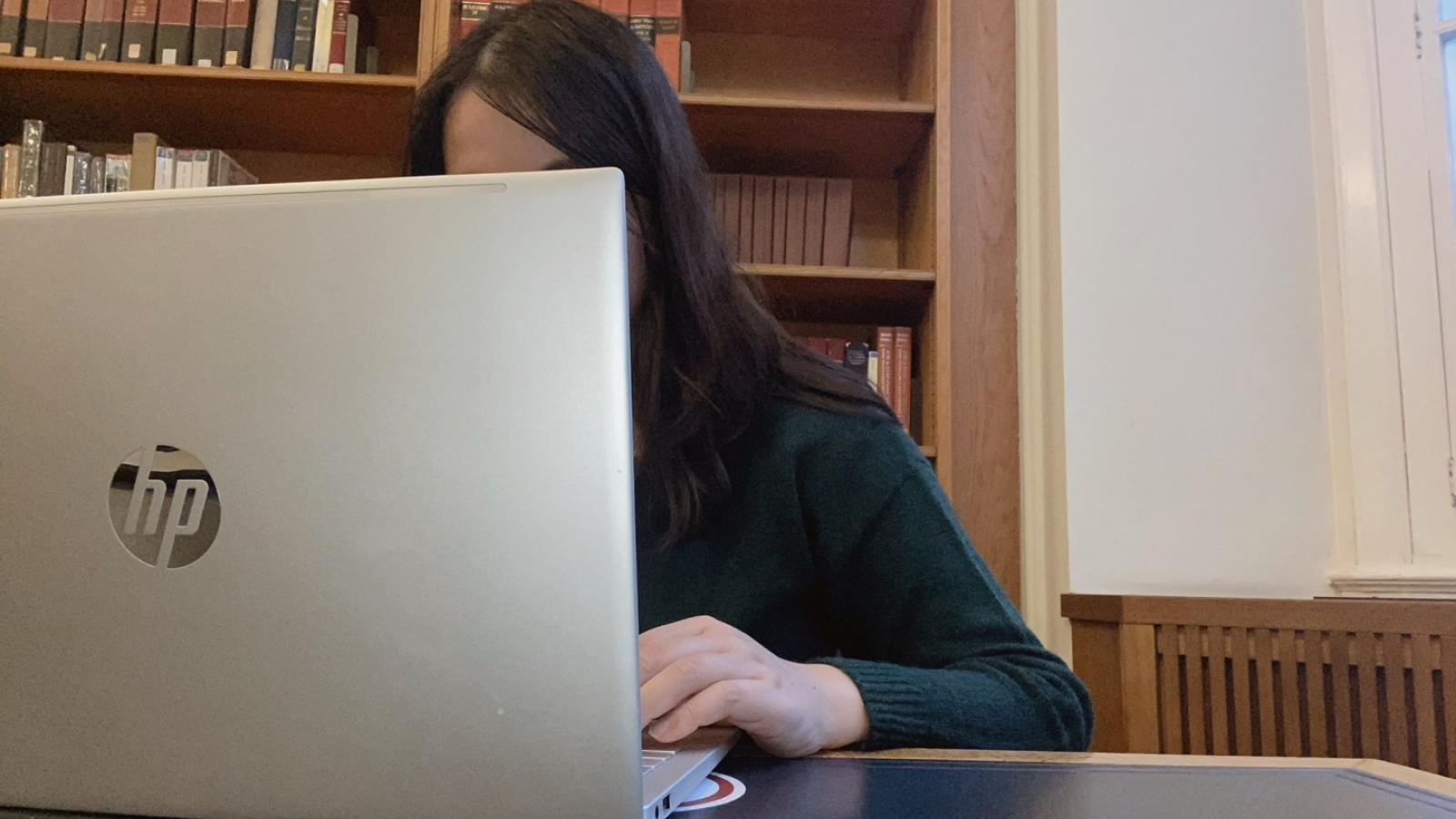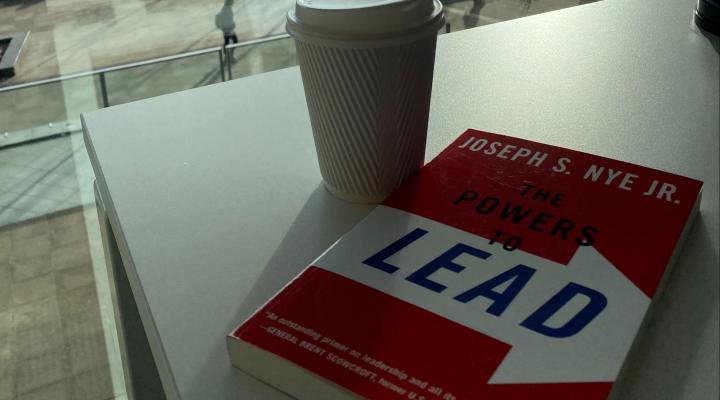Now that I've put it out into the world, this newsletter has unintentionally become an accountability mechanism.
In case you're new here, I have committed to writing a monthly newsletter on LinkedIn about my journey on the Oxford Executive Diploma in Global Business.
If I know I have to write about my experience every month, then I should make the most of every month. I know that isn't the point of starting this programme, but isn't it funny how the human brain works?
As a postgraduate qualification that is structured for working professionals, the face-to-face teaching time for each module will be condensed into intensive 4-day blocks, with pre-reading and assessments done before and after.
With my first module in Global Strategy coming up at the end of this month, the pre-reading material has already been assigned through the Canvas app. Canvas is Oxford's virtual learning environment, where reading material, course structure and other useful information is uploaded. It's very useful as I can access everything I need on one page.
This does not mean the programme is any easier. I've received my timetable for the first module in Global Strategy and calculated that I will get through 23.5 hours of lectures! That's not even counting the hours of pre-reading in preparation!
I gave myself Christmas off to recuperate from 2023 and to make sure that I was giving myself enough energy to efficiently learn the content. When I'm tired or lacking energy, tasks take longer, and I am unlikely to retain important information. And since this programme is going to be 12 months long, I need to manage my energy levels to be able to balance work, study and life.
A balancing act: work, studies and life
I'm a big believer in having an initial gameplan. Being organised is even more important if you're not a full-time student and have other competing priorities in your life.
So for this year, I've split my life into three spheres and determined what my priorities are in each sphere. This helps me keep myself accountable for what I will absolutely keep up in each sphere, no questions asked. But it also narrows down the important tasks. It is not realistic to expect to do absolutely everything in every sphere all the time - and sometimes separating the 'needs to be done' from the 'it would be nice if it's done' can help me manage during particularly busy times.
For the next year, I will be splitting out my week roughly according to the below.
- Monday - Friday: Full focus on work and physical health. Prereading only if there is spare time in the evenings.
- Saturday: Day off, socialising with friends, hobbies.
- Sunday: 10am-4pm study time, 4pm onwards free time.
One of the upsides I've found about working while studying is that you are already in a disciplined, structured mindset as you start your academic programme. I can easily set myself deadlines and specific hours where I focus on completing my studying. Sometimes pressure helps you raise your standards and competence to meet the demand. But only if you make sure you are not overdoing it!
FAQ's about my study schedule
Where will you be studying?
As a UCL alumni, I get access to the UCL Main Library in Bloomsbury. It's a beautiful library with lots of study space, and I will be using it as a study base when I'm in London. I only receive my student card and access to Oxford University at the start of my first module, so until then, that is where you'll find me!
Having the right environment ensures I am able to get into a 'flow' state. This means I am fully engaged in what I am reading or analysing, while being relaxed enough to think critically and clearly.
Why have you chosen Sunday?
I tend to get a bit restless on Sundays in anticipation of the work week, so using that energy towards something productive but not work-related can help set me up for the following week.
What do you mean by physical health?
I love doing exercise classes. I try to do a half-hour class every day after work during the week. It's a key part of my life because it helps me manage stress and I always feel clearer minded afterwards. Plus, since I have a sedentary office profession, it's vital to stay active. I can't push my productivity if I am not healthy, mentally and physically.
That sounds like a busy week, wouldn't you want to spend Saturdays doing absolutely nothing?
I've tried this! I am an extrovert, meaning I get my energy from other people and from doing activities. Whenever I have a weekend where I'm not doing much, I end up feeling more tired and low mood than energised. I am still giving myself downtime on Saturdays to recharge and see friends, but spending Sunday lighting up my brain seems ideal to stave off ‘Sunday Scaries.’ Everyone is different though - adjust to your own preferences!
Leveraging tech
When I was at UCL, I was studying Law, which isn't known to be the most forward-thinking, tech-savvy subject. I wish I had used more apps to enhance my learning experience. I probably would have been more engaged in some of the material, and I would have definitely achieved an even higher grade. So consider tools like Google Drive or Microsoft OneNote for keeping your notes. Already, I've been using OneNote to make summaries of my pre-reading texts for Global Strategy. Even just having a system in place makes me feel calmer and more prepared for the challenge ahead.
Onwards!
I haven't officially started my first module - so this edition has mostly covered my first impressions and the systems I'm putting in place to ease myself into the transition.
If you can't tell - I'm nervous! I've had lots of friendly alumni reach out and tell me it will be fine, but it's still scary.
It feels right, though. In doing the pre-readings, I am fascinated by the subject I am studying. It feels directly relevant to my career, and it's structured in a way that is clear and logical. I have missed academia and spending hours getting lost in a concept - and this feels like a 'welcome back' to a part of my brain that had been dormant for a while. Doing something you want to do rather than something you feel you have to do is an important part of undertaking a new challenge.
See you at Oxford.
*Alexandra publishes new editions of her newsletter every month. To be notified, subscribe to her newsletter on LinkedIn.





